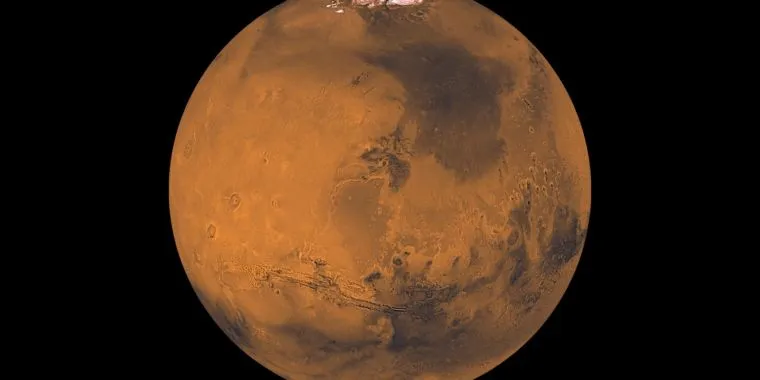- cross-posted to:
- space@lemmy.world
- cross-posted to:
- space@lemmy.world
🤖 I’m a bot that provides automatic summaries for articles:
Click here to see the summary
An independent review of NASA’s ambitious mission to return about half a kilogram of rocks and soil from the surface of Mars has found that the program is unworkable in its current form.
NASA had been planning to launch the critical elements of its Mars Sample Return mission, or MSR, as soon as 2028, with a total budget for the program of $4.4 billion.
The independent review board’s report, which was released publicly on Thursday, concludes that both this timeline and budget are wildly unrealistic.
The findings of the independent review, led by Orlando Figueroa, a retired deputy center director for science and technology at NASA’s Goddard Space Flight Center, echo a report published by Ars Technica about three months ago raising serious questions about costs and schedule.
After the Ars Technica report, some policymakers in the US Senate also expressed serious concerns about the direction of the sample return program.
This vehicle would carry the samples back to Earth orbit, where they would be released into a small spacecraft to land on the planet about five years after the mission’s start.
Saved 60% of original text.
TL;DR for the linked article
An independent review found that NASA’s Mars Sample Return mission plans are unrealistic and need significant changes. NASA hoped to launch the first elements in 2028 for $4.4 billion, but the review estimates a 2030 start at the earliest for $8-11 billion. The report states that the mission was established with unreasonable budget and schedule expectations and an unwieldy organization. It echoes earlier concerns raised by Ars Technica and some NASA scientists that the growing costs could take away from other science missions. Under the current plan, the Perseverance rover will collect samples and deliver them to a lander, which will then launch them into Martian orbit for pickup and return to Earth around 2033.
Notably, the review suggested a single helicopter may suffice for backup sample retrieval instead of the proposed two.
This comment was generated by a bot. Send comments and complaints via private message.
And here we go again. Another Shuttle, another SLS, another JWST.
Except this one has a fixed-by-physics deadline. Just maybe this time failure actually will be an option and the massive budgetary black hole will get plugged before it devours too much other useful science.
Edit: crap, it may already be too late. From the article:
Moreover, the reviewers said canceling Mars Sample Return would not free up billions of dollars for other planetary science missions.





